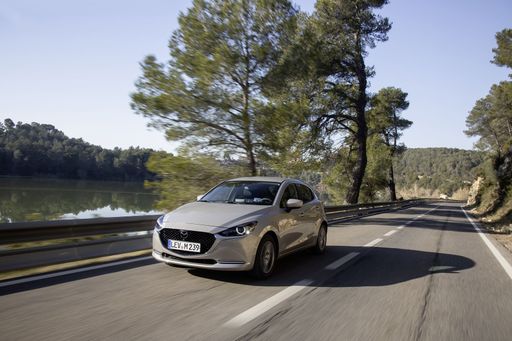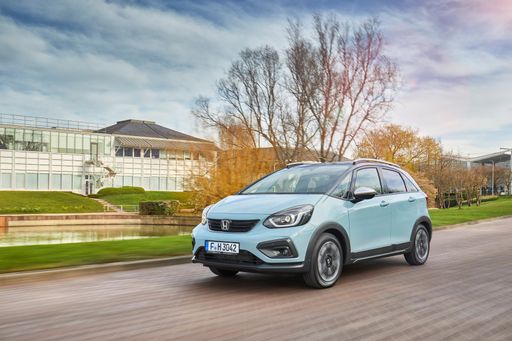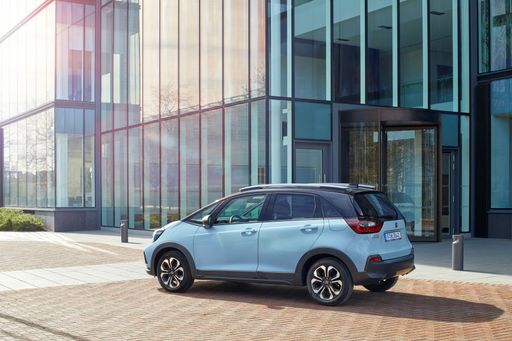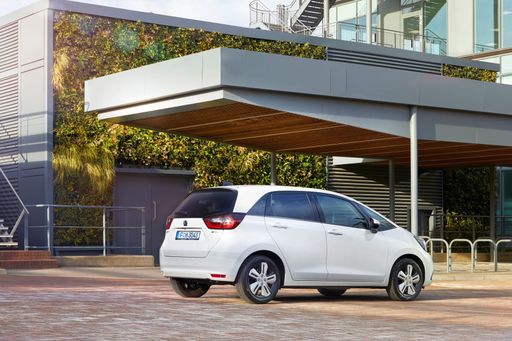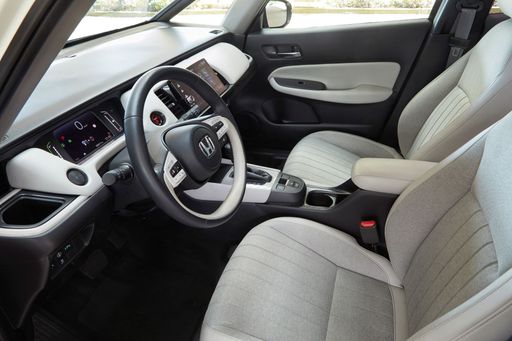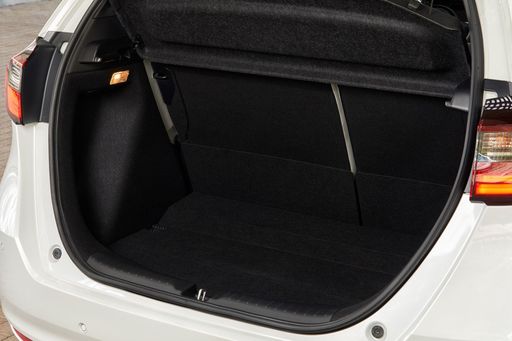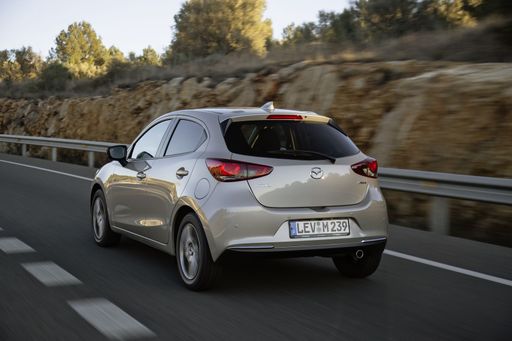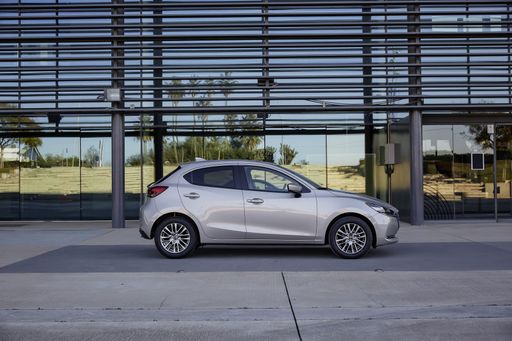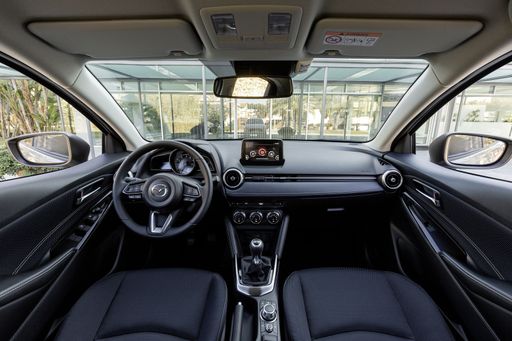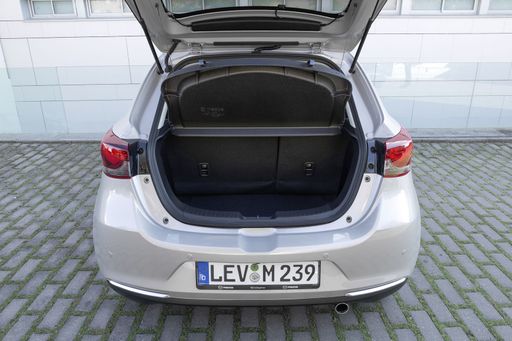A Battle of Hybrids: Honda Jazz vs. Mazda 2 Hybrid
In the ever-evolving world of automotive technology, the 2023 Honda Jazz and the 2024 Mazda 2 Hybrid are standing tall as contenders in the hybrid hatchback market. Both vehicles promise efficiency, innovation, and style, but how do they compare against each other? Let's dive into a detailed comparison of their specifications and features.
Performance and Power
The Honda Jazz boasts a 122 HP, 90 kW engine with a 1498 cm³ capacity. Its four-cylinder engine delivers a peak torque of 253 Nm, allowing it to accelerate from 0 to 100 km/h in as little as 9.4 seconds. Coupled with its CVT transmission, the Jazz ensures a smooth and responsive driving experience. The maximum speed for the Jazz clocks in at 175 km/h.
The Mazda 2 Hybrid, on the other hand, features a slightly smaller engine capacity of 1490 cm³ and a three-cylinder engine, producing 116 HP, 85 kW. Its acceleration matches closely with the Jazz, going from 0 to 100 km/h in 9.7 seconds. It also shares a top speed of 175 km/h, making it almost identical in pace to its Honda counterpart.
Fuel Efficiency and Emissions
When it comes to consumption, the Mazda 2 Hybrid shines with an impressive range of 3.8 to 4 L/100 km, offering a comparative advantage in fuel efficiency over the Jazz's 4.5 to 4.8 L/100 km. The Mazda 2 also garners a better CO2 Efficiency Class of B, with emissions ranging from 87 to 93 g/km, whereas the Jazz falls into Class C, emitting between 102 and 108 g/km.
Design and Dimensions
The Honda Jazz's dimensions are slightly larger, boasting a length of up to 4105 mm and a variable height between 1526 and 1556 mm. The car’s trunk capacity is 304 liters, making it practical for everyday use. With a curb weight that varies from 1302 to 1320 kg, the Jazz is heavier when compared to its Mazda counterpart.
The Mazda 2 Hybrid, meanwhile, offers compact dimensions of 3940 mm in length, providing a more nimble and manageable drive around urban environments. Its relative lightness is evident in its curb weight of 1180 kg, and with a fuel tank capacity of 36 liters alongside a trunk capacity of 286 liters, it strikes a balance between efficiency and practicality.
Innovative Features
Both cars come equipped with automatic transmissions and front-wheel drive systems, ensuring ease of use for city drivers. While the Honda Jazz provides a spacious and flexible interior, thanks to its unique 'Magic Seats' system, the Mazda 2 Hybrid impresses with its sleek design and competitive payload capacity of 435 kg.
Conclusion
Choosing between the Honda Jazz and Mazda 2 Hybrid largely depends on your priorities. The Jazz appeals with its robust engine performance and larger dimensions, suitable for those who prioritize space and power. Meanwhile, the Mazda 2 Hybrid is ideal for the eco-conscious urban driver, boasting superior fuel efficiency and lower emissions. Each car presents its unique strengths and innovations, but ultimately, both represent the strides made in hybrid automotive technology today.

